
Research by the Dutch Media Authority shows that 78% of Dutch youth get their news mainly from social media, in particular Instagram, TikTok and YouTube, reports Wilfred Takken in the Dutch NRC newspaper today. The research [link in Dutch] was conducted by Ipsos I&O on a sample…

"A riveting story of what it means to be human in a world changed by artificial intelligence, revealing the perils and inequities of our growing reliance on automated decision-making"

Peace of mind. That's what Samsung's new SmartThings Family Care service aims to offer people caring for elderly or infirm family and friends, writes Vicki Loomes on Trendwatching.
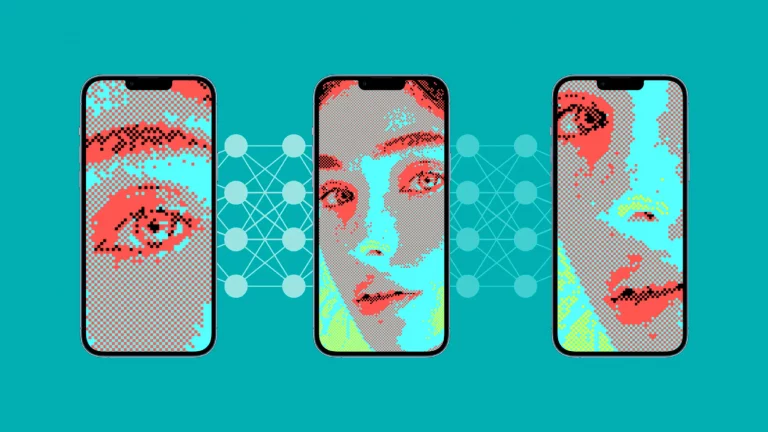
People have started forming relationships with AI systems as friends, lovers, mentors, therapists, and teachers, with these "sycophantic" companions "optimized to suit the precise preferences of whoever [they are] interacting with", write Robert Mahari, a joint JD-PhD candidate at the MIT Media Lab and Harvard Law School, and Pat Pataranutaporn, a researcher at the MIT Media Lab, in the MIT Technology Review.

We just shortened and refreshed our company presentation.

Yale School of Management (SOM) organizational ethnographer Julia DiBenigno spends years meticulously observing and interviewing people at work. By taking seriously their lived experience, she can uncover the root causes of complex problems and devise solutions that change organizations for the better.

Love and Technology: An Ethnography of Dating App Users in Berlin by Fabian BroekerRoutledgeDecember 2023, 192 pages Love and Technology: An Ethnography of Dating App Users in Berlin explores how dating apps fit into Berlin’s unique dating culture and brand of intimacy and form a tangible nucleus…

Building resilience to events that are said to be once-in-a-lifetime and easy for local communities to overlook is now an urgent priority. Human-centred design plays an important role in this. What happens when these principles are adopted?

Maze and User Interviews, both USA-based entities providing user research platforms and user panels, published reports in the last months on the current state of user research.
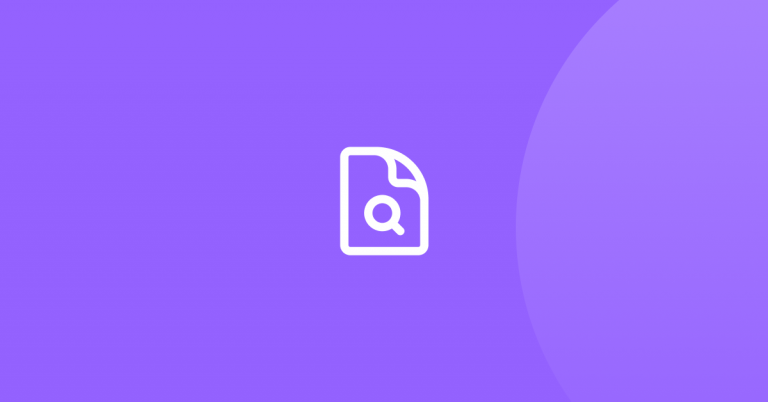
We conducted a quick, initial analysis of six AI-based service platforms for hosting and analysing UX research: HeyMarvin, Lookback, AddMaple, Reveal, Outset, and Voicepanel. It brought up more questions than answers.

The latest issue of Interactions magazine, published by ACM, contains five feature stories, four of which are about AI and interaction design.

A new report from the Weber Shandwick Collective suggests a “me over we” mentality is driving more buying decisions, explains the publisher of Fast Company, Stephanie Mehta, CEO of Mansueto Ventures.
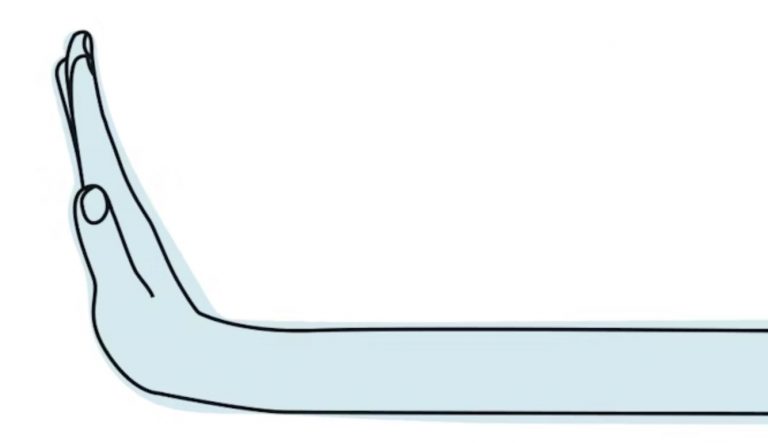
When we make decisions, our thinking is informed by societal norms, “guardrails” that guide our decisions, like the laws and rules that govern us. But what are good guardrails in today’s world of overwhelming information flows and increasingly powerful technologies, such as artificial intelligence? Based on the latest insights from the cognitive sciences, economics, and public policy, Guardrails offers a novel approach to shaping decisions by embracing human agency in its social context.
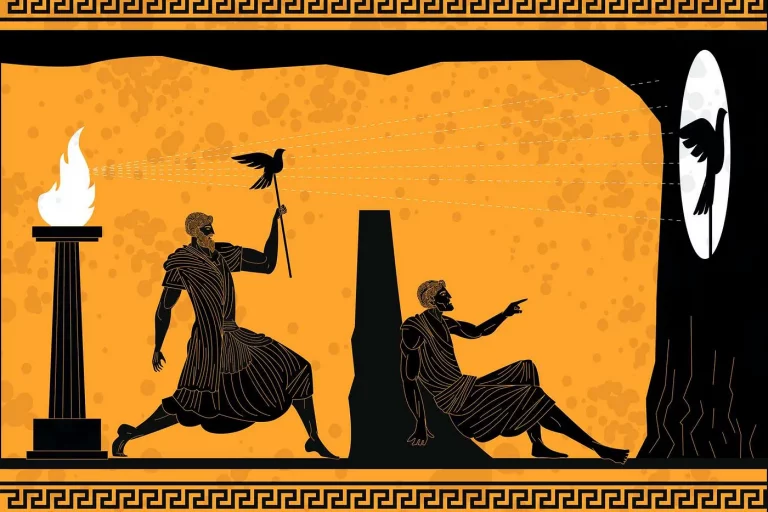
Practitioners praise some efficiency gains in process tasks, but are skeptical about the real value in analysis and insight gathering, despite the many marketing claims.
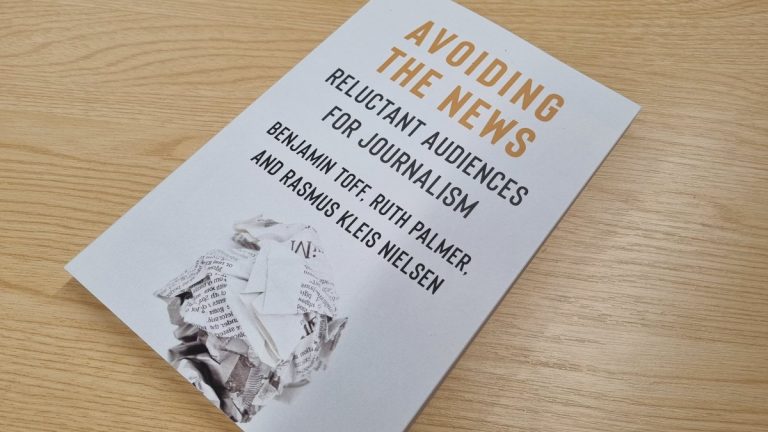
Drawing on interviews in Spain, the United Kingdom, and the United States as well as extensive survey data, the book explains why and how so many people consume little or no news despite unprecedented abundance and ease of access.

In a context of economic and geopolitical flux and volatility, a more in-depth human-centered design approach is now more necessary than ever, as it helps forward-looking companies to anticipate and be prepared for rapidly changing futures beyond the next six months.
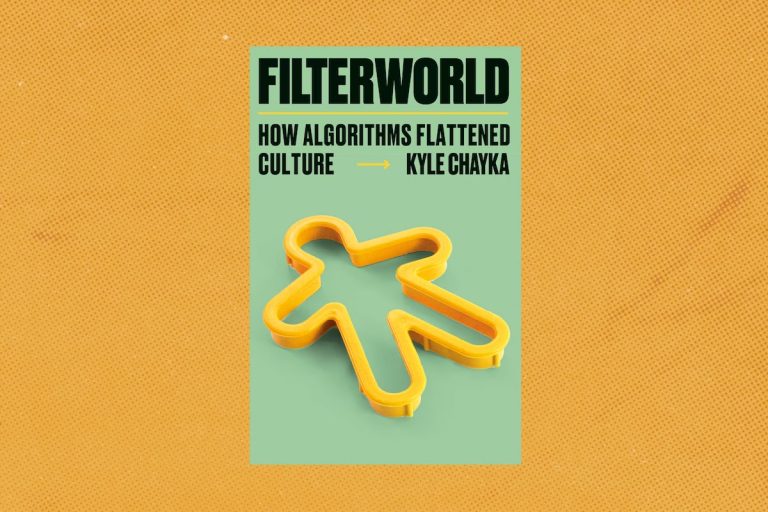
From New Yorker staff writer Kyle Chayka comes a timely history and investigation of a world ruled by algorithms, which determine the shape of culture itself.
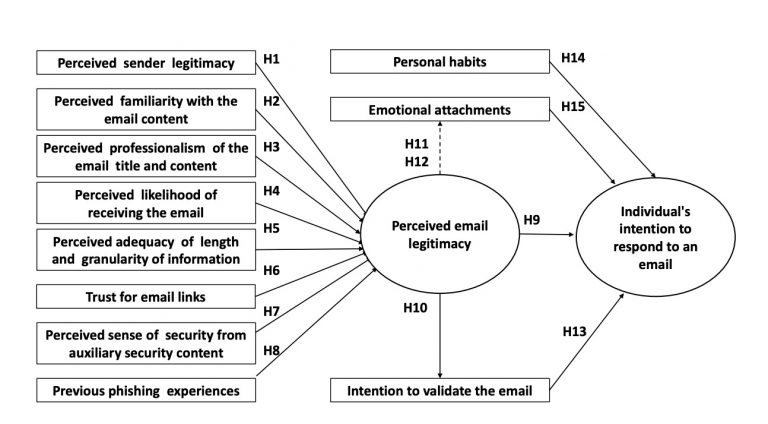
This paper features an in-depth investigation on how people make email response decisions while reading their emails. The authors proposed five concrete enhancements to state-of-the-art anti-phishing education, training, and awareness tools to support users in making safe email responses.
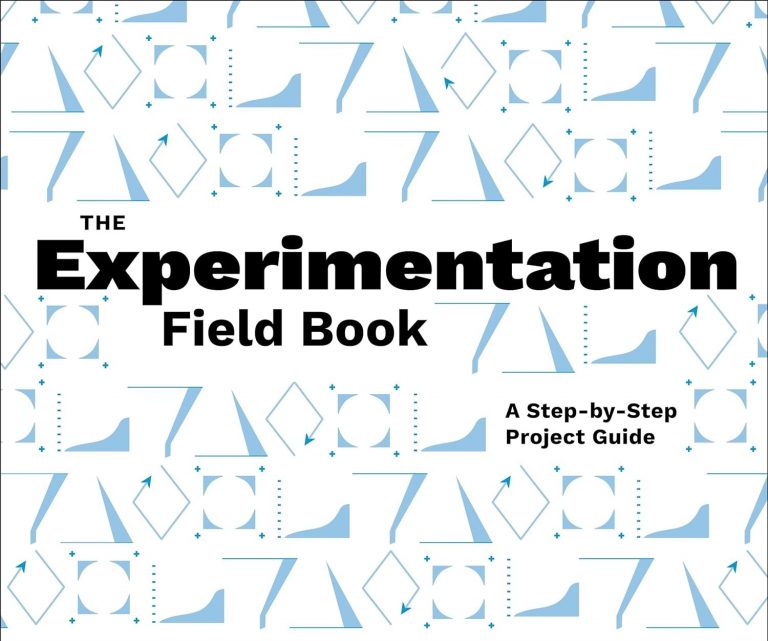
This book is a hands-on manual for crafting and conducting useful experiments in real-life settings. It guides readers from any background or discipline through the fundamentals of identifying testable ideas, selecting an evidence base, prototyping, and testing, building users’ skill sets and channeling their creativity through an interactive, exercise-oriented format.
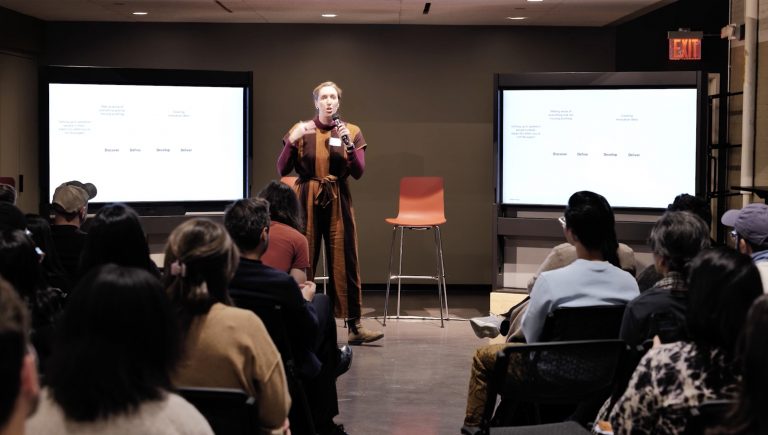
Cameron Hanson, Strategy Director at Smart Design, gave a presentation at the the Service Design Network (SDN) New York Chapter on practical ways to integrate GenAI into the design research process.

Trust depends on perceptions of whether sociotechnical systems are seen as beneficial and well-governed as well as whether they work as their designers expect.

*The Movers of Tomorrow: How Young Adults in Europe Imagine and Shape the Future* -
Study of young adults (aged 18 to 39) in Germany, Greece, Italy, Poland and the UK by Allianz Foundation and SINUS Institute.

Sludge is friction through unnecessary red tape. Cass R. Sunstein wrote a book about it and the OECD is currently exploring the contribution that behavioural science can make to service design by partnering with the Government of New South Wales (NSW) in Australia to reduce unjustified frictions in citizens' interactions with government.
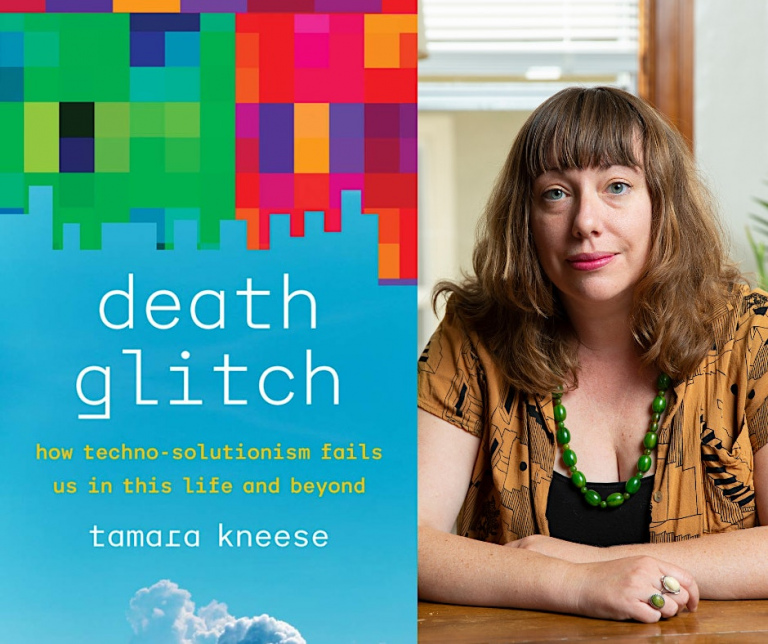
Technology scholar Tamara Kneese examines what happens to our digital belongings when we die, and argues that tech companies need to improve how they deal with death on their platforms for the sake of all our digital posterity.

In an article for Communications of the ACM, David Geer explains how the U.S. Defense Department uses cyberpsychology to get into the minds of attackers to better understand how they think and act.

Fast Company published today an excerpt of the new book Unbottled by Daniel Jaffee in which he highlights the five factors why consumers purchase bottled water, or how have they been persuaded to do so - fashion, flavor, fitness, frequent drinking, and fear - and zeroes in on the last one.

Proceedings of the 15th Biannual Conference of the Italian SIGCHI Chapter
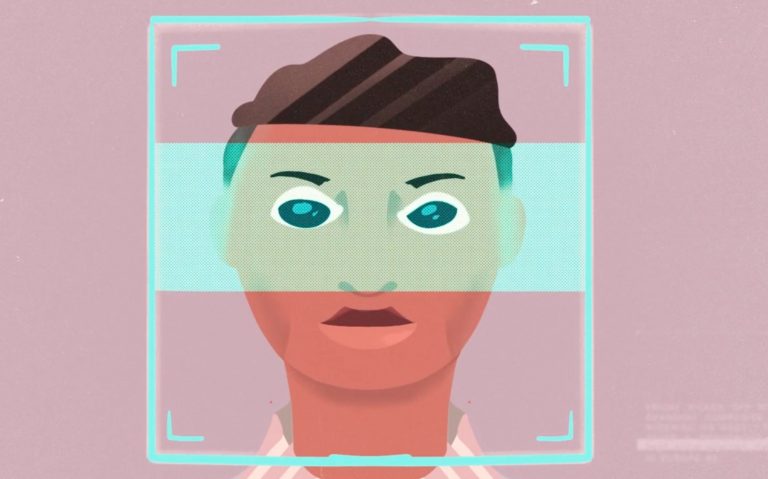
This collaborative study, conducted by the UN Human Rights Office and the University of Essex, analyses the human rights implications of specific border technologies. It provides recommendations for States and stakeholders on how to take a human rights-based approach in ensuring the use of digital technologies at borders aligns with international human rights law and standards.
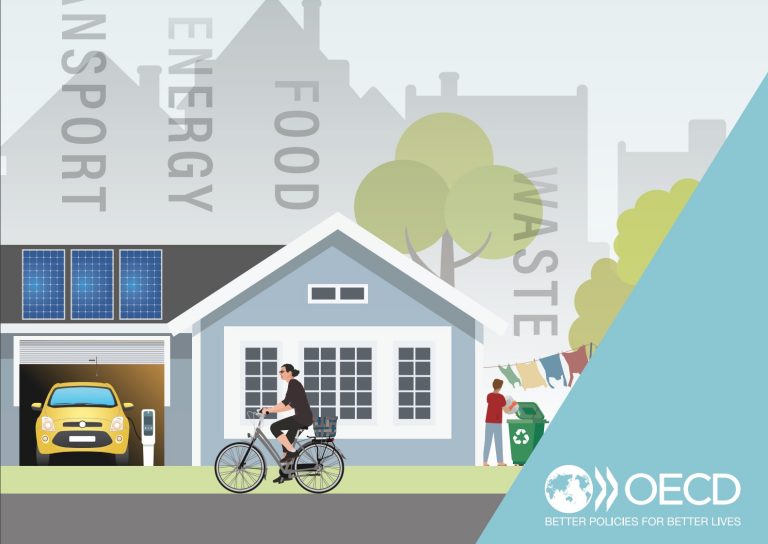
How Green is Household Behaviour? presents an overview of results from the 2022 OECD Survey on Environmental Policies and Individual Behaviour Change. The survey investigates household attitudes and behaviour with respect to energy, transport, waste and food systems.

"UX professionals must seize the AI career imperative or become irrelevant", writes Jakob Nielsen in his blog UX Tigers, particularly with current AI-driven tools being "far from user-friendly with their clunky, prompt-driven interfaces", and with adult (digital) literacy being what it is.

This book by Experientia president Michele Visciola puts forward a new paradigm to understand and implement Sustainable Innovation (SI). Innovation without sustainability leaves out large swathes of the population or generates maladaptive or misappropriate behaviors.

In this newly revised Second Edition, you'll find six new essays that look at how UX research methods have changed in the last few years, why remote methods should not be the only tools you use, what to do about difficult test participants, how to improve your survey questions, how to identify user goals when you can’t directly observe users and how understanding your own epistemological bias will help you become a more persuasive UX researcher.

For the first time in 28 years of JD Power’s car owner survey, there is a consecutive year-over-year decline in satisfaction, with most of the ire directed toward in-car infotainment, writes Andrew J. Hawkins in The Verge.
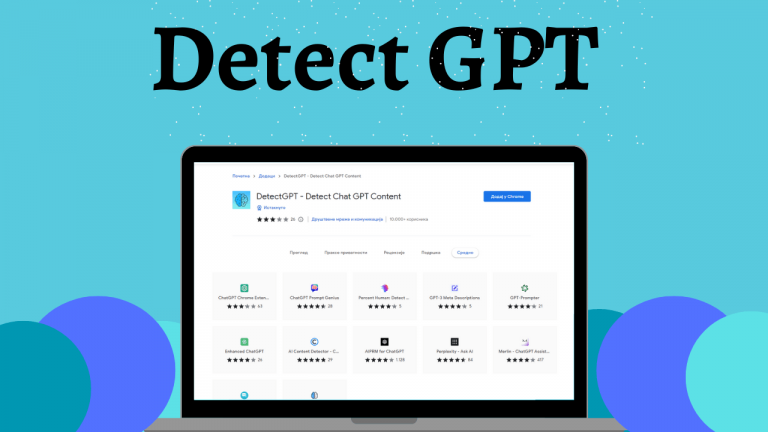
If you're a non-native English writer, you should know GPT detectors are biased against you.
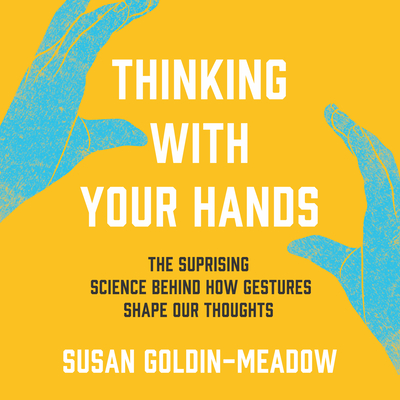
In Thinking with Your Hands, esteemed cognitive psychologist Susan Goldin-Meadow argues that gesture is vital to how we think, learn, and communicate.
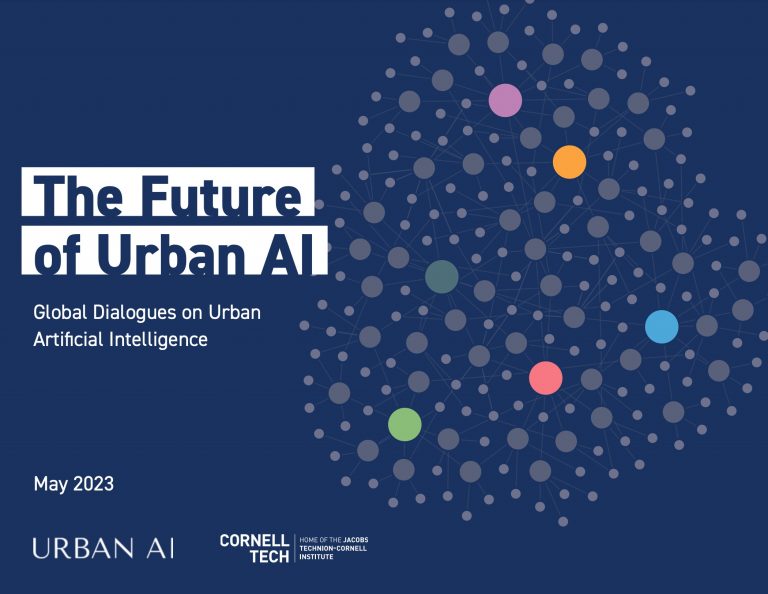
10 conversations by Urban AI, a Paris based think tank, with worldwide experts to explore the future of urban artificial intelligence

The book sheds new light on some of the most important themes in AI ethics, from the differences between Chinese and American visions of AI, to digital neo-colonialism. It is an essential work for anyone wishing to understand how different cultural contexts interplay with the most significant technology of our time.
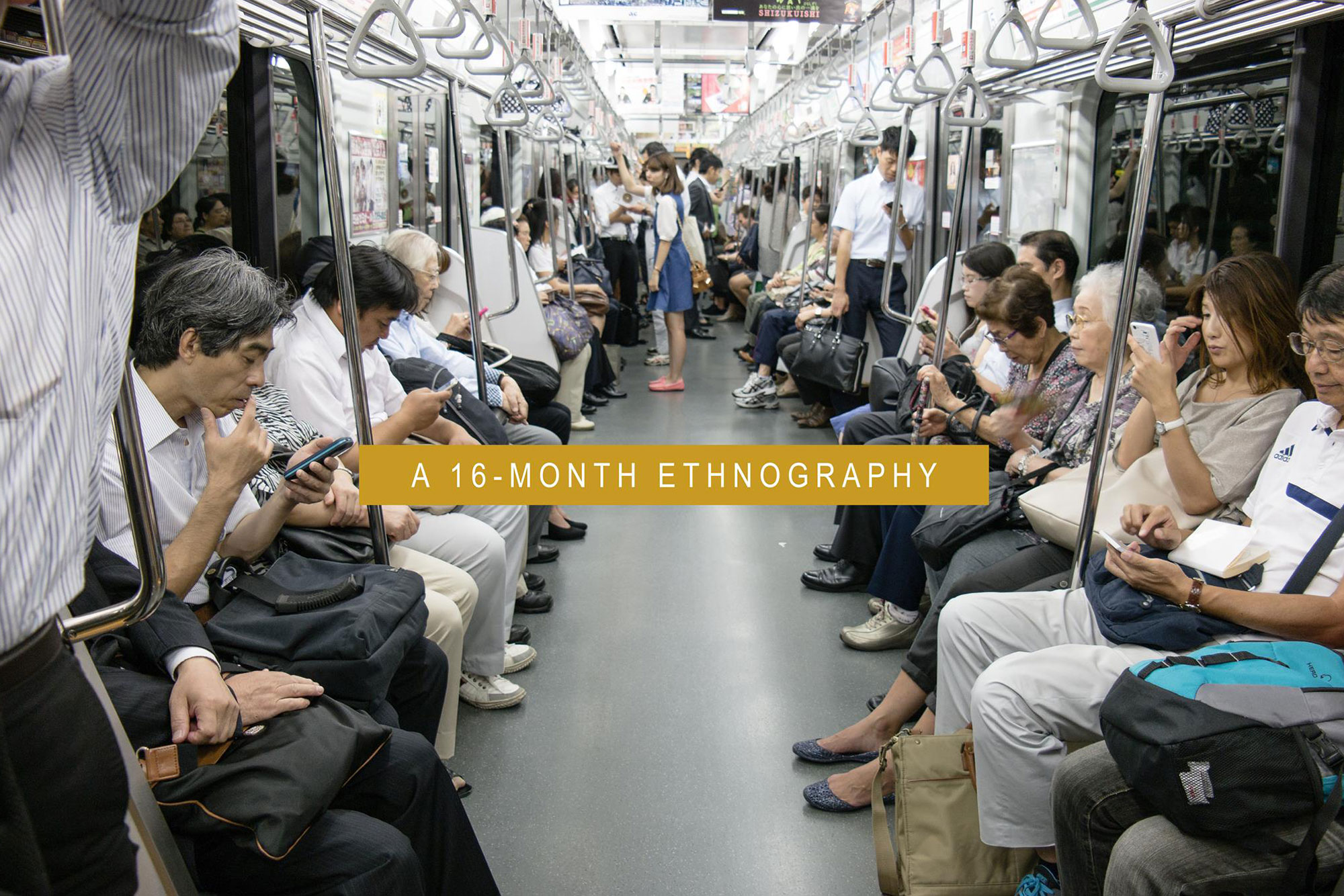
Ageing with Smartphones in Ireland, Urban Italy, Urban Brazil, Urban Chile, Urban China and Uganda: six free open access books as part of the five year "Anthropology of Smartphones and Smart Ageing" project.

While the concept of “flow” has previously been considered the ideal state of focus, Dr. Mark offers a new framework to help explain how our brains function in the digital world: kinetic attention. This book reveals how we can take control, not only to find more success in our careers, but also to find health and wellness in our everyday lives.

When society relies on computer models and their interfaces to explain and predict everything from love to geopolitical conflicts, our own behaviour and choices are artificially changed. Zachary Kaiser explores the harmful social consequences of this idea - balanced against speed and ease for the user - and how design practice and education can respond positively.








































